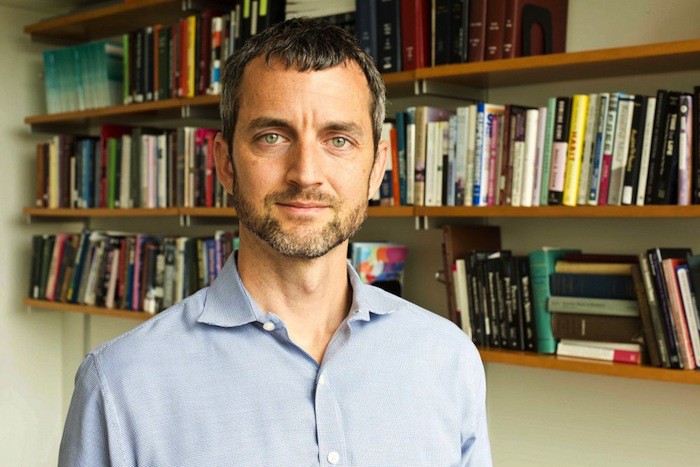Denise-Marie OrdwayNovember 20, 2018
Journalist’s Resource sifts through the academic journals so you don’t have to. Here’s their latest roundup, including research into how Twitter impacts reporters’ news judgment, how often we remember where we read something, and why Facebook makes you feel bad.









